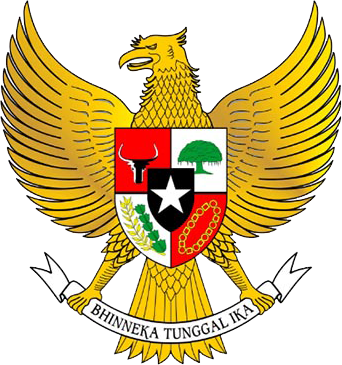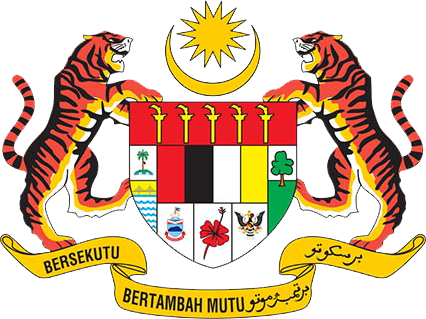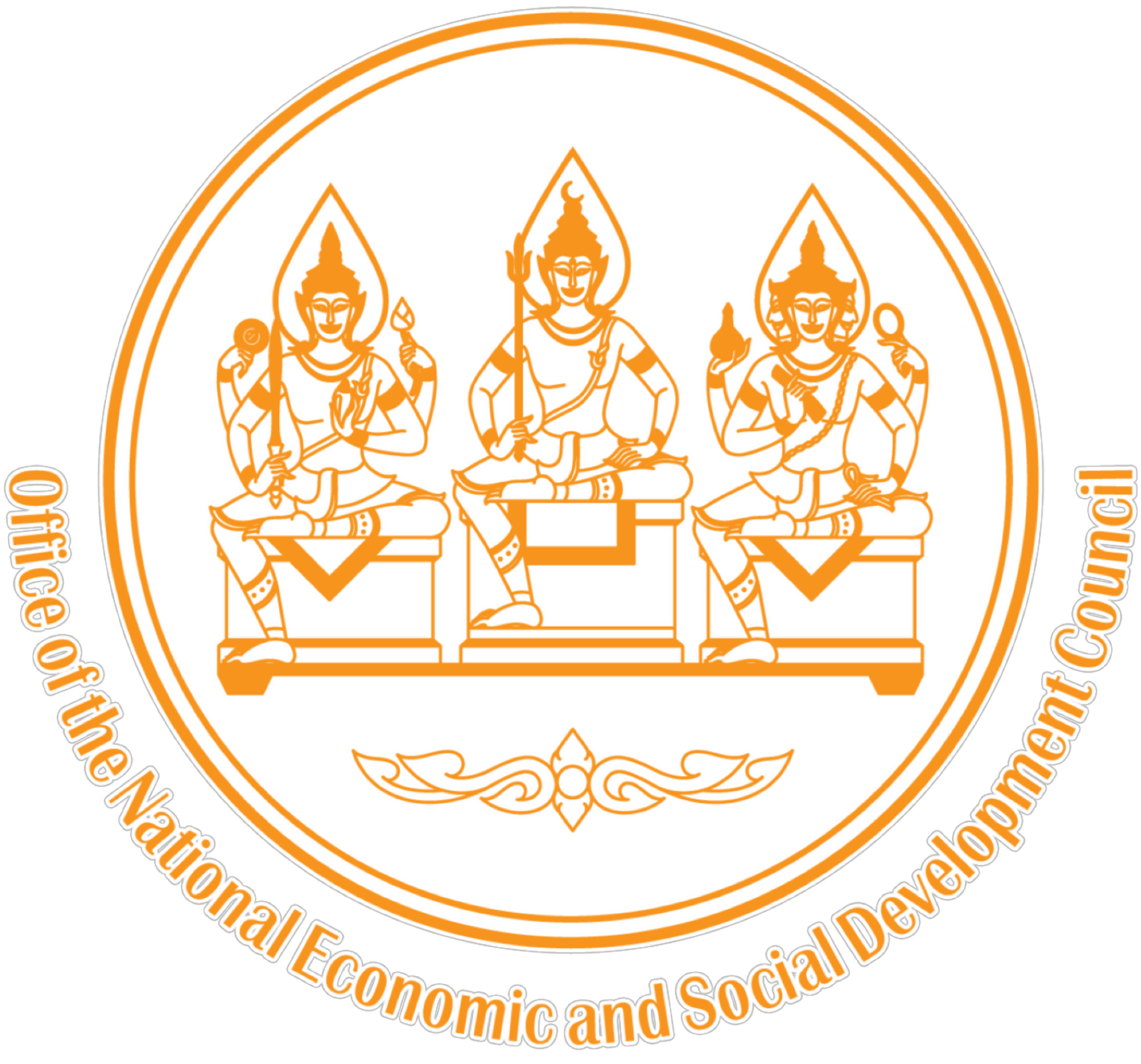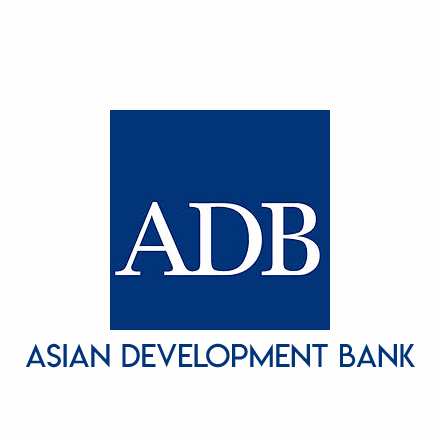
ASIA DEVELOPMENT BANK (ADB)
ADB has been involved in the IMT-GT program since its inception and has been a Regional Development Partner since 2007. IMT-GT distinguishes itself from other regional cooperation initiatives supported by ADB in that:
it is a grouping of sub-national entities; the private sector participates as an equal member; it has a permanent secretariat, the Centre for IMT-GT Subregional Cooperation (CIMT) funded by its members; and it focuses on fostering not only overland trade and transport but rather a full array of multi-modal transport links.
ADB has been a long-term supporter of the IMT-GT as its Regional Development Partner. Technical support includes: IMT-GT Vision 2036 and Implementation Blueprint 2017-2021. The Leaders have adopted an Implementation Blueprint 2017-2021 (under the IMT-GT Vision 2036) at the 10th IMT-GT Summit on 29 April 2017 in Manila, Philippines. A pipeline of Priority Connectivity Projects estimated at US$47 billion was also endorsed. The IMT-GT’s Vision is to become an integrated, innovative, inclusive and sustainable subregion by 2036.
ADB will support the implementation of the IMT-GT Vision 2036 in close collaboration with the working groups, national secretariats, the Centre for IMT-GT Subregional Cooperation (CIMT) and other subregional mechanisms.
Further details : adb.org
ADB support for this initiative, which was launched by the Chief Ministers and Governor’s Forum, commenced the preparation of a Green City Action Plan (GCAP) for Melaka adopted by the Melaka State Government. An implementation plan for Melaka was also prepared, with strong support from the Malaysian government. In 2016, ADB’s Office of the Public-Private Partnership signed with Melaka Green Technology Corporation a transaction advisory service agreement for a public-private partnership to install 100,000 smart energy efficient streetlights in Melaka. Green City Action Plans for Songkhla and Hat Yai (Thailand) were completed in 2016, while Green Cities Action Plans for Medan and Batam in Indonesia have both been completed in 2017. ADB also supported the 2nd Asia-Pacific Forum on Urban Resilience and Adaptation/16th International Convention on Melaka Twin Cities in 2016, which enabled GCAP cities to share learnings and enhance regional integration of GCAPs.
ADB is assisting in preparing the IMT-GT Tourism Sector Strategic Framework (TSSF) that would build on the national tourism strategies of the IMT-GT countries, with an aim of promoting the subregion as a single destination. The TSSF is expected to be endorsed at the 23rd IMT-GT Ministerial Meeting in 2017.
ADB assisted in the development of a project manual as a guide for project identification and implementation and organized a training workshop on project management in Penang.
ADB also organized several capacity building and training programs for IMT-GT officials in 2016 and early 2017:
- Workshop on Cross-border E-commerce: Towards Seamless Connectivity on 9-11 March 2016 in Bangkok, Thailand
- Tourism Management – Enhancing People-to-People Connectivity for Inclusive Growth Training on 24-29 April 2016 in Guilin, People’s Republic of China
- Economic Corridor Development for Competitive and Inclusive Asia on 17-26 August 2016 in Singapore, Malaysia and Thailand
- Regional Power Market and Cross-border Interconnections Training on 25-30 September 2016 in Seoul, Korea
- Special Economic Zones as Catalysts for Economic Corridors, Value Chains and Production Networks Training on 17-22 October 2016 in Shanghai, PRC
- Social Protection on 16-20 January 2017 in Manila, Philippines Tourism Management on 25-30 April 2017 in Guilin, People’s Republic of China
- Workshop on Cross-border E-commerce: Towards Seamless Connectivity on 16-18 May 2017 in Bangkok, Thailand
ADB organized an ASEAN, BIMP-EAGA and IMT-GT Land Transport Facilitation Consultation Meeting in Surabaya, Indonesia. Encouraged by the favorable outcome of the first dialogue, ADB plans to organize a roundtable on the ASEAN Vision 2025 and complementarities with the new strategic documents of IMT-GT and other subregions in 2018.
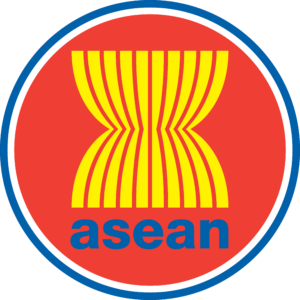
ASSOCIATION SOUTHEAST ASIAN NETWORK (ASEAN)
The Association of Southeast Asian Nations, or ASEAN, was established on 8 August 1967 in Bangkok, Thailand, with the signing of the ASEAN Declaration (Bangkok Declaration) by the Founding Fathers of ASEAN, namely Indonesia, Malaysia, Philippines, Singapore and Thailand. Brunei Darussalam then joined on 7 January 1984, Viet Nam on 28 July 1995, Lao PDR and Myanmar on 23 July 1997, and Cambodia on 30 April 1999, making up what is today the ten Member States of ASEAN.
Further details : asean.org
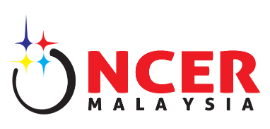
NORTHERN CORRIDOR ECONOMIC REGION (NCIA)
NCIA was established under the Northern Corridor Implementation Authority Act 2008 (Act 687) as the authority responsible for providing direction and devising policies and strategies in relation to socioeconomic development in Northern Corridor Economic Region.
Further details : koridorutara.my
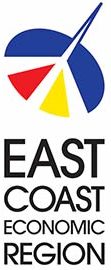
EAST COST ECONOMIC REGION (ECERDC)
The East Coast Economic Region Development Council (ECERDC) is a statutory body established to spearhead the socio-economic development of the East Coast Economic Region (ECER).
ECERDC plays a lead role in setting directions, formulating policies and developing strategies for the socio-economic development of ECER by promoting and facilitating investments into the Region. The ECER of Malaysia covers Kelantan, Terengganu, Pahang and the district of Mersing in Johor. It occupies an area of 66,000 sq km or 51% of the total area of Peninsular Malaysia. Five key economic clusters, namely Manufacturing, Oil, Gas & Petrochemicals, Tourism, Agriculture and Human Capital Development will drive the development of ECER in line with the Government Transformation Programme (GTP) and Economic Transformation Programme (ETP).
The ECER Master Plan, approved by the Government in 2008, was formulated as a basis to guide the development of ECER until 2020. It identifies projects and programmes to reduce regional socio-economic disparities, eradicate poverty and improve income and wealth distribution in a sustainable manner.
Further details : ecerdc.com.my
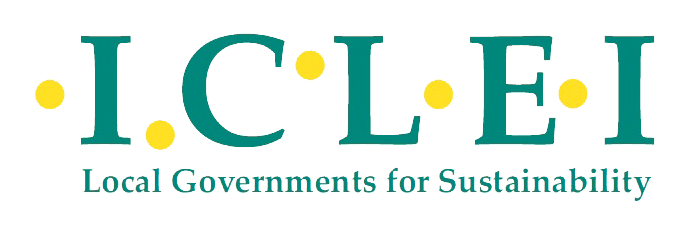
ICLEI - LOCAL GOVERNMENTS SUSTAINABILITY
ICLEI is the leading global network of 1,500+ cities, towns and regions committed to building a sustainable future. Through our collective efforts, we impact more than 25 per cent of the global urban population.
Local and regional governments across the ICLEI network work alongside a diverse team of global experts in 22 offices active across 124 countries. Together, we address the local impacts of unprecedented global change, from climate change to urbanization, aiming for urban development to have the least possible impact on global systems and to build communities that are people-centred and equitable.
ICLEI firmly believes that sustainable cities are the foundation of a more just and sustainable world. We are doing our part to make urban sustainability an inextricable part of all development at the subnational, national and global levels.
Further details : iclei.org


